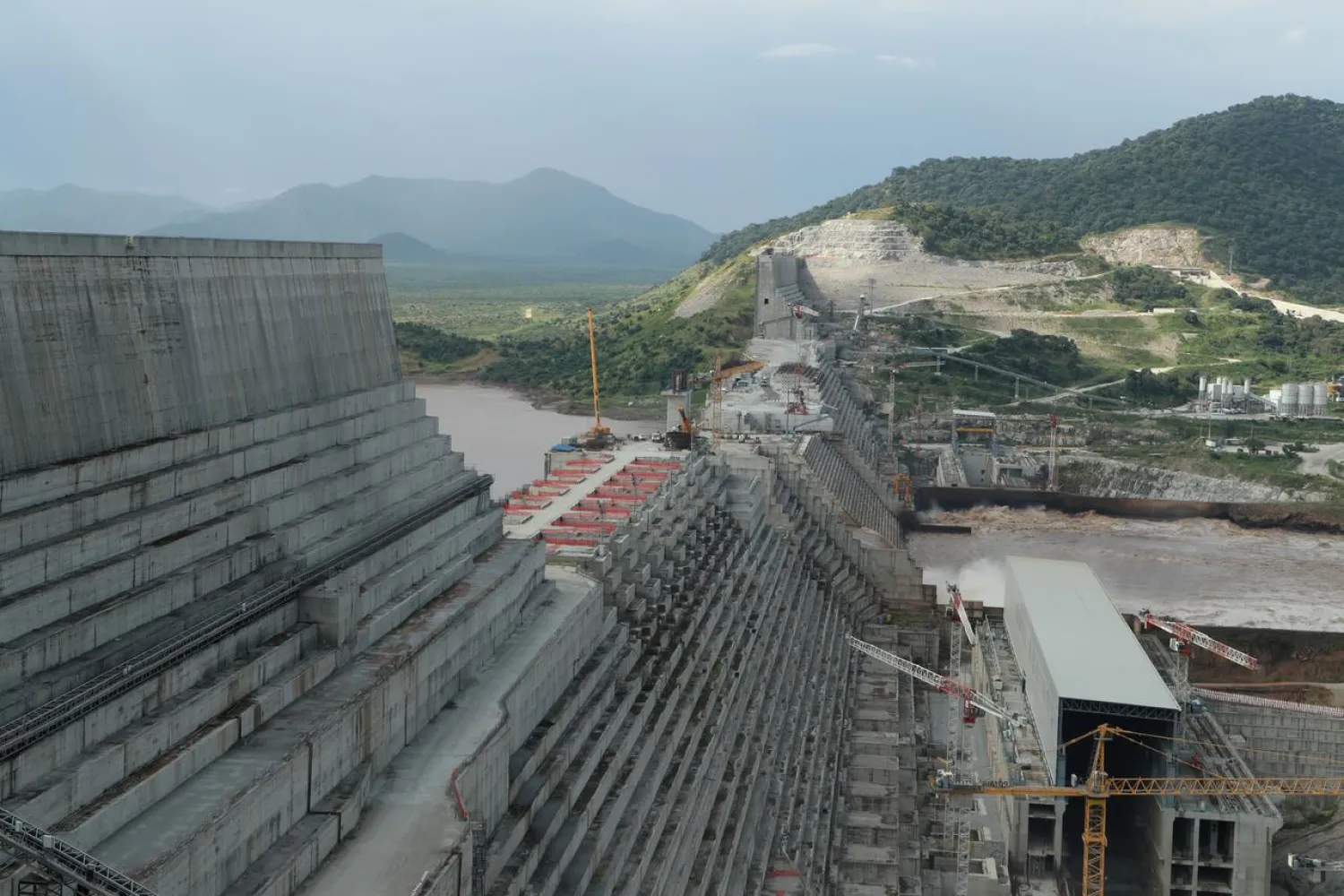Flaws in the design of the Grand Ethiopian Renaissance Dam (GERD) renewed Egyptian-Sudanese concerns over its possible collapse which could cause extensive damage to the two countries.
Observers say that the technical problems have been known for some time, believing it’s the reason why Ethiopia disrupted the work of the international committees and refused to complete any impartial studies while providing “misleading information.”
GERD has been under construction since 2011 when Ethiopia kicked off building it on the Blue Nile, the main tributary of the Nile water.
The conflict over the Dam escalated following Ethiopia's refusal to attend a meeting in Washington in February to conclude a final agreement with Egypt and Sudan regarding the rules for filling and operating the dam.
Over the past month, Egypt and Ethiopia exchanged accusations of failing the negotiations, and the two countries tried to mobilize international support through diplomatic efforts.
However, signs of a breakthrough are looming on the horizon, as the Sudanese Prime Minister Abdullah Hamdok announced plans to be visit both Egypt and Ethiopia to revive the stalled negotiations.
This came during a phone call between Hamdok and US Secretary of Treasury Steven Mnuchin, who is sponsoring the Washington negotiations in partnership with the World Bank.
The Sudanese member of the international experts committee to evaluate the Renaissance Dam, engineer Diab Hussein Diab, revealed that the dam studies are not completed yet, adding that only Ethiopia studied the dam site and the designs were implemented over stages.
Diab told the Sudanese newspaper Akhbar al-Youm that the committee visited the site to review the construction work more than three times and issued its final report in 2014 with design recommendations for Ethiopia to adopt.
Another committee was assigned to review the foundations and excavation methods to prepare a report of its observations and submit it to the experts committee.
The report was submitted to the executing company highlighting requirements, including issues of rock sediments, cleanliness, and filling in the main dam, indicated Diab who said there were caves of unknown depths and experts couldn’t’ agree whether there are faults or not.
Ethiopia denied the existence of faults or caves at the site, but there may be faults in the lake, 100 km away.
The Sudanese expert revealed that Ethiopia did not conduct a detailed water study to figure any possible problems that could lead to cracks and faults. He noted that the water pressure in the lake, with the existence of faults, might lead to a strong movement such as a tsunami that could reach the dam creating high waves leading to its collapse.
Meanwhile, the former Egyptian Assistant Foreign Minister for the Nile Basin countries, Ambassador Magdy Amer, said the information documented in the experts’ report prove that the dam project has many risks.
Speaking to Asharq Al-Awsat, Amer stressed that all Ethiopian studies are not enough, and Ethiopia made it impossible for the French consultancy offices to conduct any studies.
The former official also indicated that the report of the experts committee recommended changing the design of the dam which might have huge negative effects on Sudan and Egypt.









